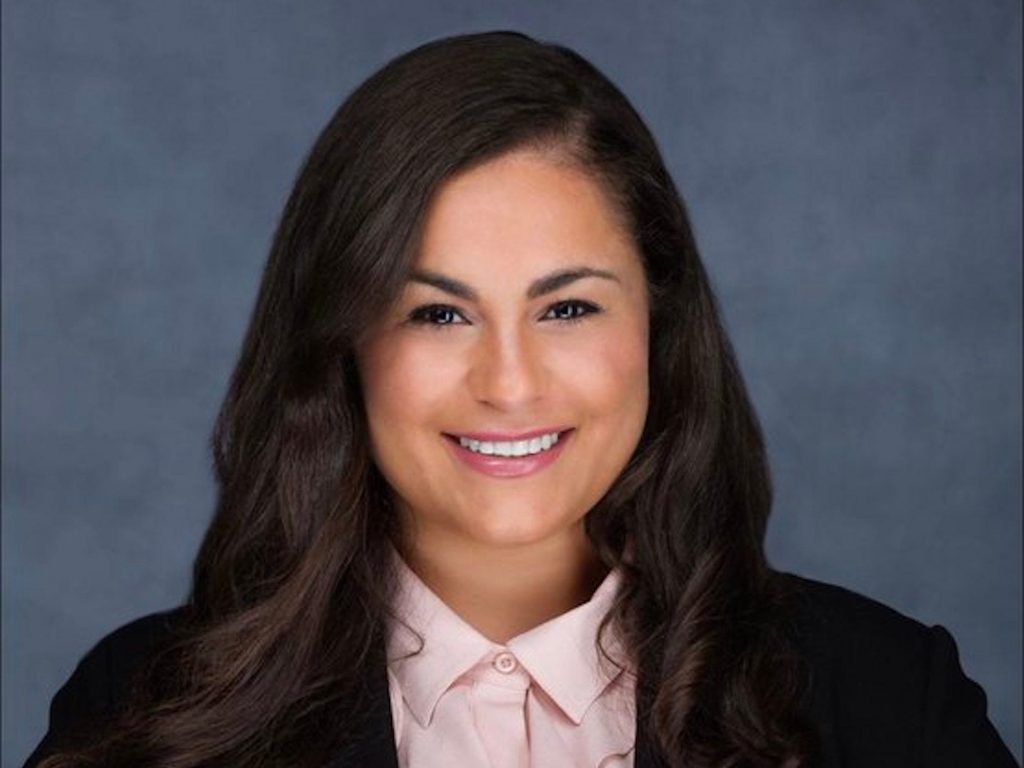- The student loan repayment pause is scheduled to expire at the end of August.
- For one medical school graduate, the pause has granted a reprieve.
- Alexandra Hassan said she's not sure how she could make her payments if the pause isn't extended.
Alexandra Hassan starts her residency in emergency medicine next month, but as her start date approaches, she's struggling to find an apartment and a way to pay back her loans.
"I'm not prepared to start paying back my loans in August," Hassan, 29, told Insider, referring to the student loan repayment pause that was enacted during the pandemic and extended until August 31 by President Joe Biden. "I don't have the money in my budget to allocate an extra few hundred dollars a month to student loans. I just don't."
Hassan graduated from medical school in May with almost $450,000 in student loans and estimated that every month, another $2,000 of interest is added to her loan balance. She said her loans covered more than tuition and living expenses but also necessary applications, exams, and licenses.
"Being in medical school the last four years, you can't work because you are studying, doing clinical fulfillment sometimes 24 hours a day and so, you can't have a traditional job. It's hard to maintain any kind of income or financial stability through medical school as you're accruing all this debt," Hassan said.
As the cost of living in New York City increased, Hassan said so did the amount of loans she needed to take out. The pause on interest and repayment during the pandemic has helped ease some financial pressure, but now Hassan doesn't know how she'll make payments if Biden doesn't extend it past August as inflation rises.
Despite landing a job that pays a little over $60,000 a year, Hassan said she hasn't been able to secure an apartment on her own because of her debt. She explained that she would only get paid $1,800 every two weeks and in New York, where some renters require rent to be at least 40 times a tenant's income. According to this standard, Hassan could only afford an apartment with $1,800 rent, half of her monthly income.
"So, I'm already going to be giving over 50% of my annual income just to housing, but I'm not taking into consideration doctor's appointments, transportation, food -- just little things, like daily things: going to the drugstore, getting nail Polish remover, just little things you don't think about. Things that I've never thought about until I started medical school four years ago," Hassan said.
While she predicted it'll be a few years until she earns a higher wage, Hassan said she's struggling to figure out how to survive through residency until then.
Hassan grew up with a single mom after her father died from cancer when she was a kid. Treatments for her father left her mother with $800,000 in debt. Despite her mom helping to put her through private school, by the time Hassan got to college, she had to be financially independent.
"I always say that nobody can become a doctor completely on their own because it's not a very glamorous process. By the time it's all said and done, it really bleeds you dry financially," Hassan said.
While her dad's cancer diagnosis and subsequent death three months later inspired her to go into medicine, Hassan said she frequently questioned the decision while pursuing her education.
"There's been many times through medical school that I wanted to quit. Just it being just such a difficult thing to do in itself. But honest to God, a lot of the time what has stopped me is I can't quit with all these loans to my name. What will I do? How will I go on to do anything else?" she said.
Biden on Monday said an extension of the student-loan payment pause is "on the table right now." If the student loan repayment isn't extended after August 31, Hassan said she will apply for deferment.
"I guess that's my plan B. My plan C would be to kind of talk to my loan servicer and see if they can do a plan based on what my income expenses are," she said.

